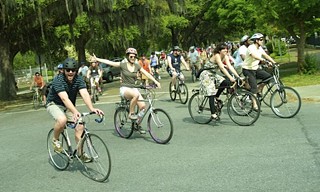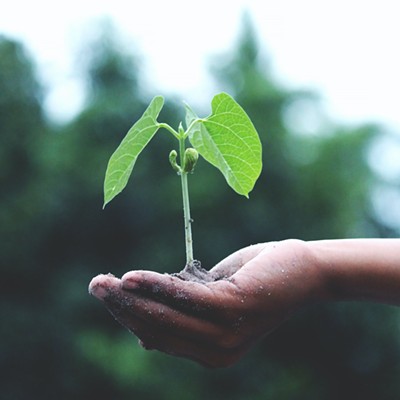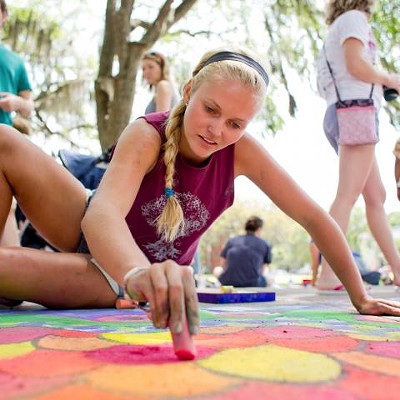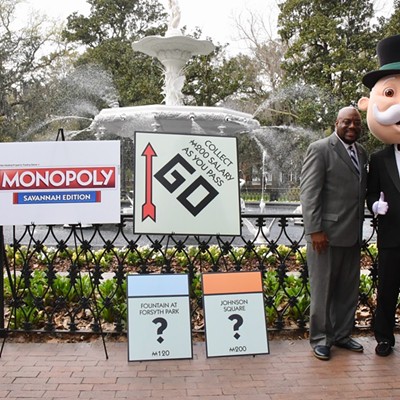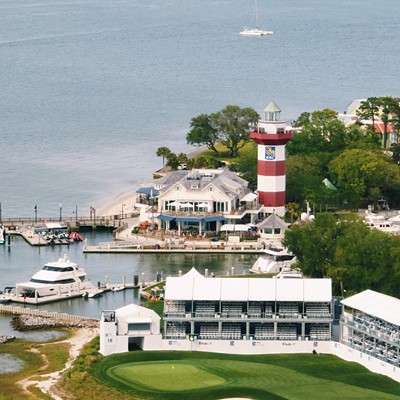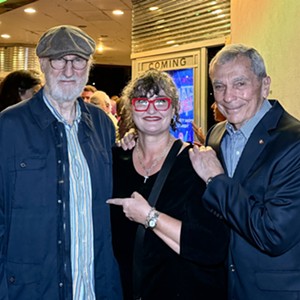Live music. A reptile exhibit. Workshops on rock climbing and composting. People lining up to drop off unwanted electronics, light bulbs and tires for recycling or proper disposal. A police-escorted bicycle ride through historic neighborhoods.
These activities are all part of the City of Savannah’s annual Earth Day Festival on April 19 in Forsyth Park.
Technically the RecycleRama begins at 8 a.m. and ends just before the official start of the festival at 11 a.m. And the Earth Day Wheelie bike ride gets underway at the conclusion of the festival at 3 p.m.
But you get the idea. This “celebration of environmentally responsible living and business in coastal Georgia,” has a broad focus. That’s intentional, according to Margosia Jadkowski, environmental services planner for the city.
“The last few years I’ve been working to bring a bit more diversity into the subjects and issues represented at Earth Day,” she said. “In part this is to challenge the community to see how sustainability can fit into our lives in more than just the obvious ways.”
When the Savannah Bicycle Campaign organized the first Earth Day Wheelie Ride in 2008, the relationship with the Earth Day Festival was, well, obvious. Bicycles are truly green machines. Most people understand that trips made by bike instead of by car mean cleaner air. Yet some other environmental consequences of automobile dependency aren’t as widely understood.
In his book “The World of the Salt Marsh: Appreciating and Protecting the Tidal Marshes of the Southeastern Atlantic Coast,” Charles Seabrook describes how storm water runoff from streets and parking lots degrades critical habitats. He is particularly concerned about copper because it “is toxic to marine organisms in very low concentrations” and notes, “more than half the copper contamination in storm water comes from automobile brake-pad wear.”
How can a single bike ride on a sunny (fingers crossed) Saturday help people to recognize the bicycle as a tool to reduce harmful environmental impacts? Part of it has to do with why Jadkowski has included rock climbing, kayaking and bicycling in the festival’s schedule of workshops. The goal, she said, is to “encourage people who might not normally come to the festival by relating it to other interests they have, like outdoor sports.”
With the Earth Day Wheelie ride, however, there’s something else at work. It’s a singular experience to cruise along on your bicycle at a casual pace, surrounded by hundreds of other people on bikes. That’s the magic part. It allows us to imagine the possibilities and appreciate the benefits that we can derive from encouraging people to make bicycling part of their daily lives. It also gives us a chance to consider the work we must do to make our streets safe and comfortable, both for people who ride bikes by choice and especially for people who travel by bike out of necessity.
This is exactly what Jadkowski hopes people will get out of the festival, whether they are initially attracted by the bike ride or the backyard gardening workshop.
“I hope that participants will learn about something new—a new issue, a new solution, a new skill or a change they can make — and I hope they will walk away with an appreciation of what good work is being done in our community around sustainability and environmental issues,” she said. “Hopefully the connections that participants make at the festival will translate into some kind of action after, whether its joining or volunteering with a new organization, being more aware of what’s happening in the world around us, or making changes in our lives to reduce our impact.”

